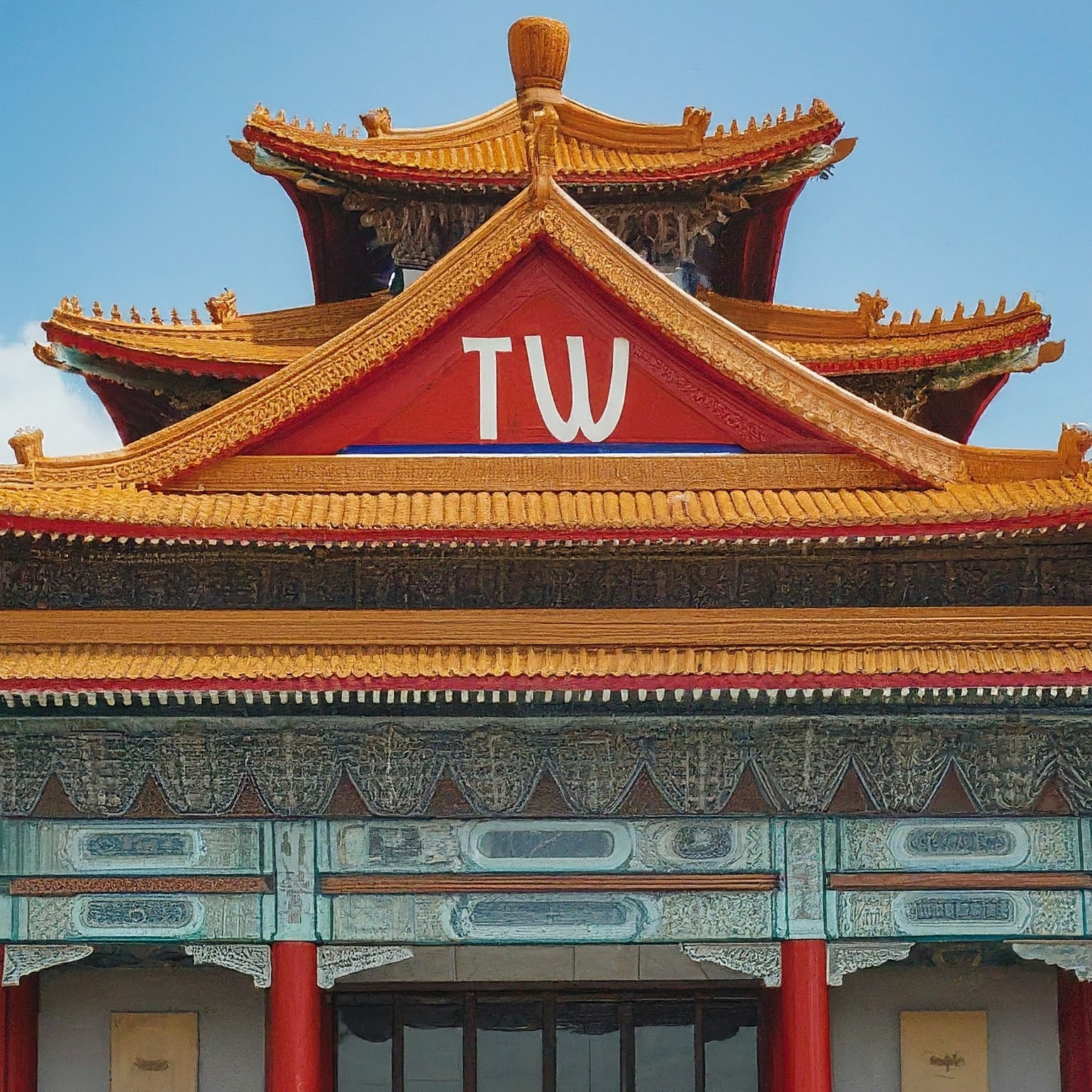Taiwan, officially the Republic of China, is an island nation in East Asia. Often referred to as the “Formosa,” Taiwan is a vibrant and technologically advanced country with a rich history and culture. This article delves into the intricacies of Taiwan, focusing on its unique identity, its significance on the global stage, and its distinctive country code TW.

A Brief History
Taiwan’s history is a complex tapestry woven with influences from various cultures. Originally inhabited by indigenous tribes, the island came under Dutch and Spanish rule before being incorporated into the Qing Empire. Following the defeat of China in the Sino-Japanese War, Taiwan was ceded to Japan, a period marked by significant modernization.
After World War II, Taiwan reverted to Chinese control under the Republic of China government. The subsequent Chinese Civil War led to the retreat of the defeated Nationalist forces to Taiwan, where they established a government. This event marked the beginning of Taiwan’s self-governance and its unique political status on the world stage.
The Enigma of Country Code TW
The country code TW is a unique identifier assigned to Taiwan by the International Organization for Standardization (ISO). It’s a crucial element in international communication, trade, and diplomacy. Despite its significance, the political complexities surrounding Taiwan have often led to challenges in its global recognition.
While the country code TW is widely used in various international organizations and systems, the political status of Taiwan remains a sensitive issue. The People’s Republic of China claims sovereignty over Taiwan, while Taiwan maintains its own government and democratic system. This complex situation has implications for Taiwan’s participation in international bodies and its ability to establish formal diplomatic relations with other countries.
Taiwan’s Economic Miracle
Taiwan has experienced remarkable economic growth since the 1960s, transforming itself from an agrarian society into a global technological powerhouse. The country’s export-oriented economy, coupled with a strong emphasis on education and research and development, has propelled it to the forefront of the semiconductor industry.
Taiwanese companies such as Taiwan Semiconductor Manufacturing Company (TSMC) have become indispensable players in the global supply chain, producing the chips that power smartphones, computers, and other electronic devices. This economic success has elevated Taiwan’s status as a key player in the global economy.
Taiwan’s Cultural Heritage
Taiwan boasts a rich and diverse cultural heritage, blending indigenous traditions, Chinese influences, and Japanese elements. The island’s natural beauty, with its mountainous terrain, pristine beaches, and hot springs, has also inspired a thriving arts and literature scene.
Taiwanese cuisine is a delightful fusion of flavors, combining local ingredients with influences from mainland China and Japan. The night markets, a quintessential part of Taiwanese life, offer a vibrant and bustling atmosphere where visitors can savor delicious street food and experience the local culture.
Taiwan’s Democratic System
Taiwan has successfully transitioned to a democratic system, with free and fair elections, a vibrant civil society, and respect for human rights. The country’s commitment to democratic values has earned it admiration from the international community and serves as an example for other countries in the region.
Taiwan’s democratic journey has not been without challenges. The island faces pressure from the People’s Republic of China, which seeks to undermine Taiwan’s sovereignty and democracy. However, the Taiwanese people have demonstrated resilience and determination in defending their way of life.
Taiwan’s Global Role
Despite its complex political situation, Taiwan plays a significant role in the global community. The country is a member of several international organizations, including the World Trade Organization (WTO) and the Asia-Pacific Economic Cooperation (APEC). Taiwan also actively participates in global efforts to address challenges such as climate change, public health, and sustainable development.
Taiwan’s technological prowess has positioned it as a leader in innovation and digital development. The country has made significant contributions to fields such as information technology, biotechnology, and renewable energy. Taiwan’s expertise in these areas is increasingly sought after by countries around the world.
Conclusion
Taiwan, with its country code TW, is a dynamic and resilient island nation with a unique identity. Its economic success, democratic values, and cultural richness have earned it a respected place on the global stage. While the political challenges surrounding Taiwan persist, the country’s determination to overcome obstacles and contribute positively to the world is an inspiration to many.